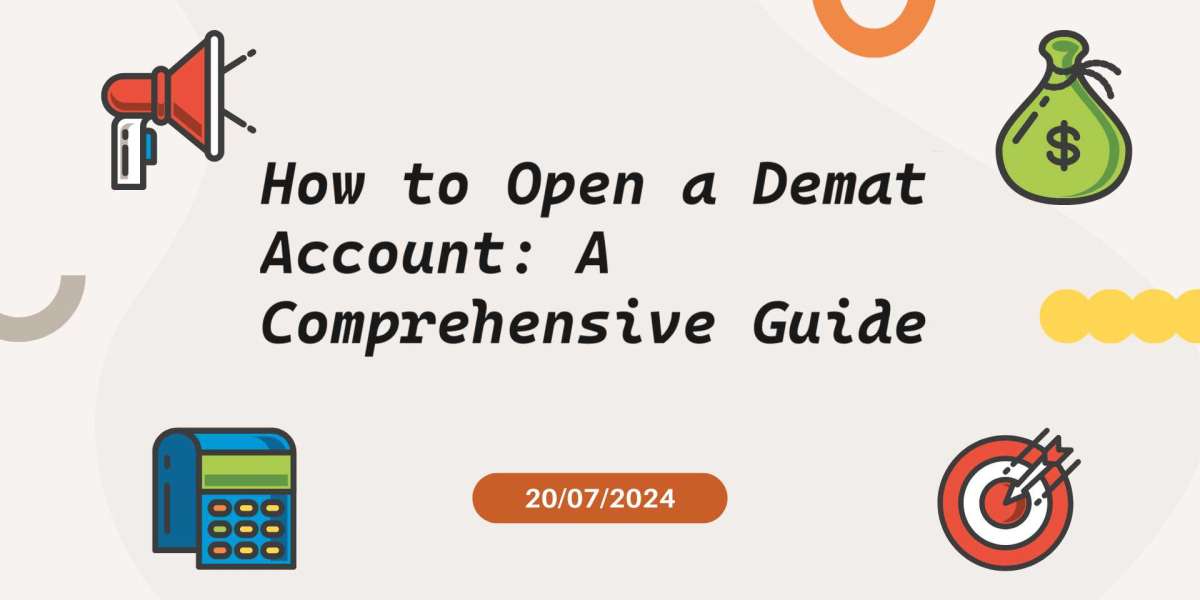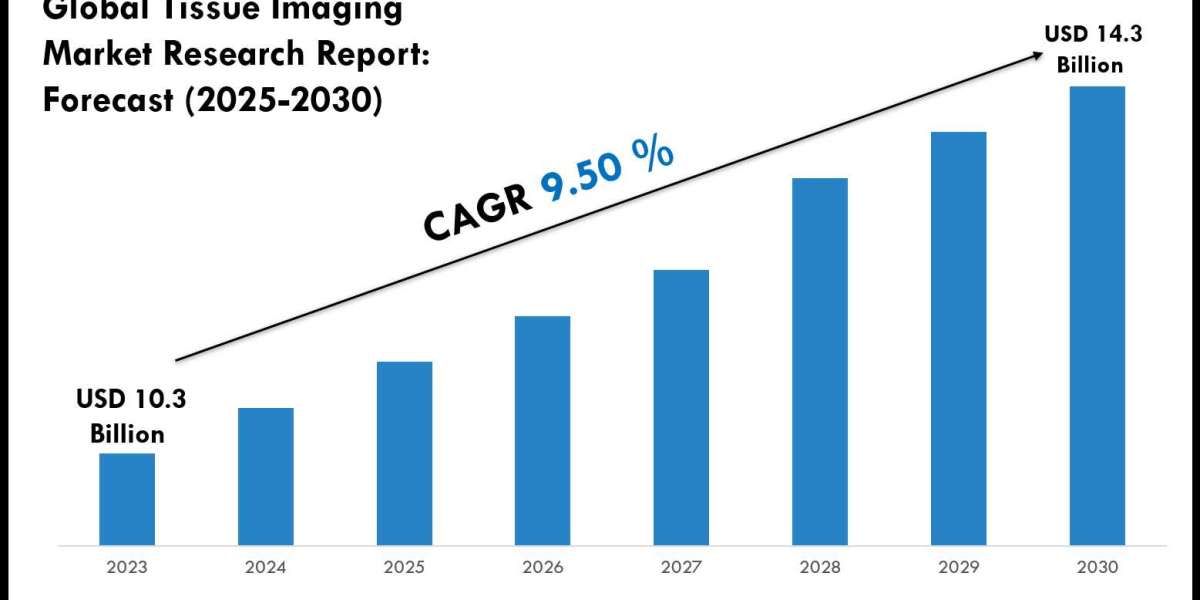In the modern financial landscape, investing in the stock market has become increasingly accessible to individuals worldwide. One of the essential tools for any investor is a Demat account. This guide will walk you through everything you need to know about finding the best Demat account that suits your needs, ensuring you can invest with confidence and ease.
What is a Demat Account?
A Demat account, short for Dematerialized account, is an electronic repository for your financial securities. It holds your shares and securities in an electronic format, eliminating the need for physical certificates. This not only streamlines the process of buying, selling, and transferring shares but also ensures the safety and convenience of managing your investments.
Why Do You Need a Demat Account?
Having a Demat account is crucial for anyone looking to invest in the stock market. Here are a few reasons why:
- Safety: It reduces the risk of theft, loss, or damage of physical share certificates.
- Convenience: Easy and quick transfer of securities.
- Accessibility: Real-time access to your investments and easy management.
- Cost-Efficient: Reduces costs associated with physical certificates such as stamp duty and handling charges.
Key Features of a Good Demat Account
When searching for the best Demat account, there are several features you should consider:
- Low Fees and Charges: Look for accounts with minimal account opening fees, annual maintenance charges, and transaction fees.
- User-Friendly Interface: A good online trading platform with a simple and intuitive interface.
- Reliable Customer Service: Prompt and efficient customer support is essential for resolving issues quickly.
- Security: Robust security measures to protect your investments from fraud and cyber threats.
- Comprehensive Research Tools: Access to market research, reports, and analysis to help you make informed investment decisions.
Types of Demat Accounts
Understanding the different types of Demat accounts can help you choose the one that best fits your needs:
- Regular Demat Account: Ideal for resident investors.
- Repatriable Demat Account: Suitable for Non-Resident Indians (NRIs) who want to transfer funds abroad.
- Non-Repatriable Demat Account: For NRIs who do not wish to transfer funds abroad.
How to Open a Demat Account
Opening a Demat account is a straightforward process. Here's a step-by-step guide:
- Choose a Depository Participant (DP): This could be a bank, broker, or financial institution that offers Demat services.
- Submit an Account Opening Form: Fill out the required forms with your personal and financial details.
- Provide Necessary Documents: This includes identity proof, address proof, and PAN card.
- In-Person Verification: Some DPs may require you to complete an in-person verification process.
- Receive Your Account Details: Once approved, you'll receive your Demat account number and other relevant details.
Top Demat Account Providers in India
When it comes to choosing the best Demat account provider in India, several names stand out due to their reputation, services, and customer satisfaction. Here are some of the top providers:
- Zerodha: Known for its low brokerage charges and user-friendly platform.
- ICICI Direct: Offers comprehensive research tools and excellent customer support.
- HDFC Securities: Provides a robust trading platform with a wide range of services.
- Sharekhan: Renowned for its extensive research reports and strong customer service.
- Kotak Securities: Offers competitive rates and a reliable trading interface.
Comparing Brokerage Fees
Brokerage fees can significantly impact your overall returns. It's essential to compare the fees charged by different Demat account providers. Some providers offer flat rates, while others charge a percentage of the transaction value. Look for a provider that offers competitive rates without compromising on services.
Account Maintenance and Hidden Charges
While some Demat accounts come with low initial costs, they might have high annual maintenance charges (AMC) or hidden fees. Always read the fine print and understand all associated costs before choosing a provider. Hidden charges can include transaction fees, dematerialization charges, and more.
Online vs. Offline Trading Platforms
Most Demat account providers offer both online and offline trading platforms. Online platforms are generally more convenient, offering real-time access to your investments, advanced trading tools, and easier portfolio management. However, offline platforms might be beneficial for those who prefer personal interaction and assistance from brokers.
Additional Services to Look For
Some Demat account providers offer additional services that can enhance your trading experience:
- Margin Trading: Allows you to trade with borrowed funds.
- Derivatives Trading: Access to futures and options markets.
- Research and Advisory Services: Professional advice to guide your investments.
- Mobile Trading Apps: Trade on the go with intuitive mobile applications.
Conclusion
Choosing the best Demat account is a critical step in your investment journey. By considering factors such as fees, customer service, security, and additional services, you can find an account that best suits your needs and helps you achieve your financial goals. Remember, the right Demat account can make your investing experience smoother, more secure, and ultimately more profitable. Happy investing!








